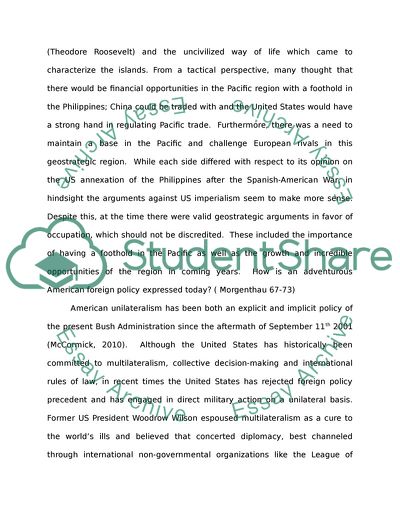Cite this document
(American Interventionism in Historical Perspective Essay, n.d.)
American Interventionism in Historical Perspective Essay. https://studentshare.org/politics/1735729-american-foreign-policy-isolationism-vs-interventionism-or-internationalism
American Interventionism in Historical Perspective Essay. https://studentshare.org/politics/1735729-american-foreign-policy-isolationism-vs-interventionism-or-internationalism
(American Interventionism in Historical Perspective Essay)
American Interventionism in Historical Perspective Essay. https://studentshare.org/politics/1735729-american-foreign-policy-isolationism-vs-interventionism-or-internationalism.
American Interventionism in Historical Perspective Essay. https://studentshare.org/politics/1735729-american-foreign-policy-isolationism-vs-interventionism-or-internationalism.
“American Interventionism in Historical Perspective Essay”. https://studentshare.org/politics/1735729-american-foreign-policy-isolationism-vs-interventionism-or-internationalism.


